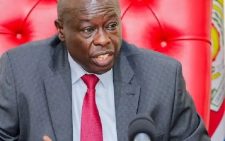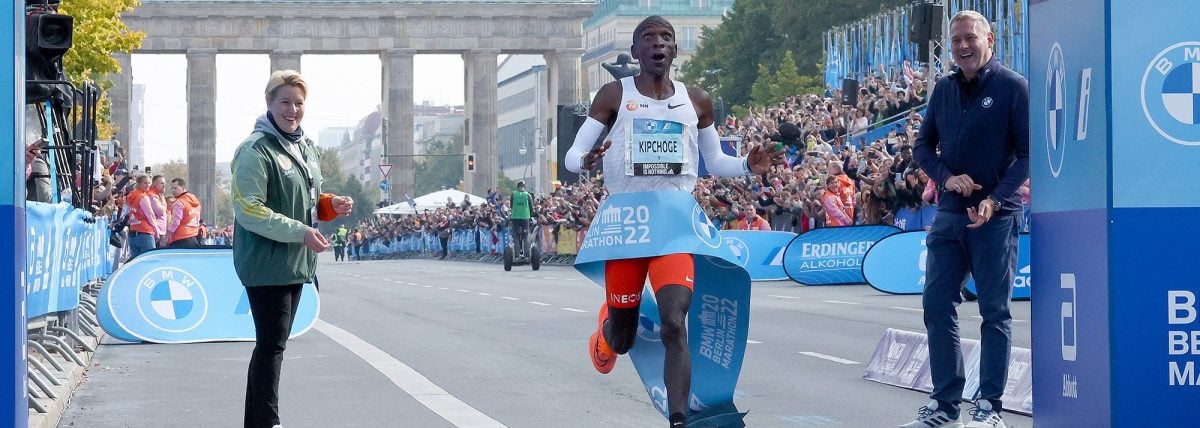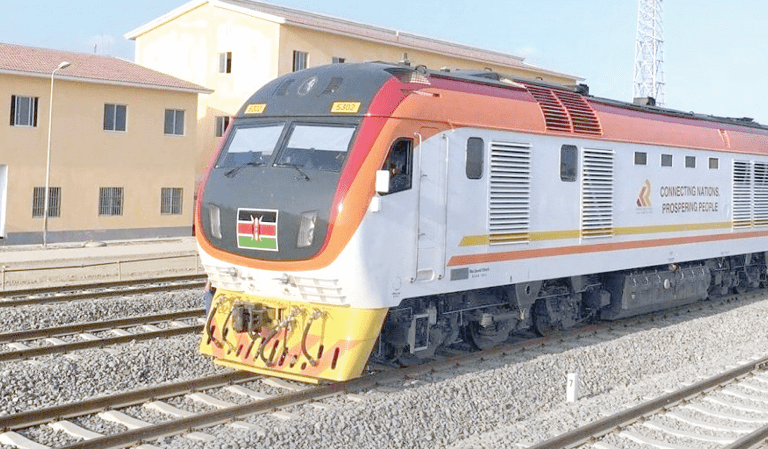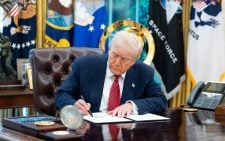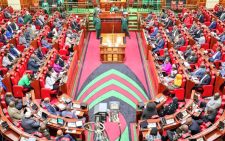Stop borrowing to finance current expenses, State told

The government must cut public debt to below 50 per cent of the gross domestic product (GDP) and avoid borrowing only to fund recurrent expenditure, Farmers party leader Irungu Nyakera has said.
Nyakera who is also the chairman of Kenyatta International Convention Centre (KICC) argued that fiscal discipline and economic reforms are critical to easing the cost of living and revitalising economic growth.
“Public debt must be maintained below 50 per cent of GDP as stipulated by the Public Finance Management Act, and borrowing should not be used to finance recurrent expenditure. Fiscal reforms must focus on reducing the tax burden while broadening the tax base equitably,” he said in a statement.
Data from the National Treasury shows that Kenya’s public and publicly guaranteed debt rose by Sh303.2 billion, reaching Sh10.58 trillion in June 2024, up from Sh10.27 trillion a year earlier.
External debt accounted for Sh5.17 trillion (48.9 percent), while domestic debt stood at Sh5.41 trillion (51.1 percent).
Despite the increase in absolute terms, the debt-to-GDP ratio declined to 65.7 per cent in June 2024 from 72.0 per cent in the 2022/23 financial year. The reduction was attributed to the appreciation of the Kenyan shilling against major foreign currencies, which decreased the value of external debt.
While domestic borrowing helps the government to fund its operations, Central Bank of Kenya (CBK) notes that domestic debt is expensive and contributes to a higher cost of living. To manage debt, the government often increases taxation to boost revenue, placing an additional burden on citizens.
Revenue shortfalls, partly driven by poor performance of key exports, force the government to resort to credit extensions, which further strains the economy.
Nyakera is also calling for increased local farm production to reduce reliance on food imports, a move he says is essential to lowering the cost of living. “We need to reduce dependence on food imports by increasing local agricultural production. This includes subsidising farm inputs and improving market access for farmers,” he stated.
Although global lenders like the International Monetary Fund (IMF) oppose subsidies, arguing they distort markets and raise inflation, Nyakera insists that subsidising select products is vital for Kenya’s economic stability. He cited the government’s subsidy programme for fertiliser as a positive step.
Favourable weather and the subsidised fertiliser have significantly improved agricultural output in Kenya’s food basket regions after three consecutive seasons of drought. Kenya National Bureau of Statistics (KNBS) data shows that inflation increased to 3 per cent in December due to rising prices of certain food items and transport costs. However, President William Ruto maintains that Kenya is now food secure.
He attributes this to improved agricultural performance, which has led to lower food prices compared to 2023 and previous years. This progress has allowed more Kenyans to afford basic meals, alleviating some of the economic pressure on households.
Nyakera’s other proposals include creating one million jobs for youth by leveraging technology, manufacturing, and agriculture.
He also advocates for reversing the high taxes introduced in 2024, which he says have hurt businesses and the middle class.
Additionally, he emphasises the need to ease access to affordable credit for 50,000 micro, small, and medium enterprises (MSMEs) and to reverse the trend of banks refusing to lend to individuals and businesses.
Nyakera’s vision aligns with the broader push for economic recovery but requires the government to adopt significant reforms.
Lowering public debt, enhancing agricultural productivity, reducing the tax burden, and expanding access to credit are essential steps to stabilising the economy and improving the quality of life for millions of Kenyans.




